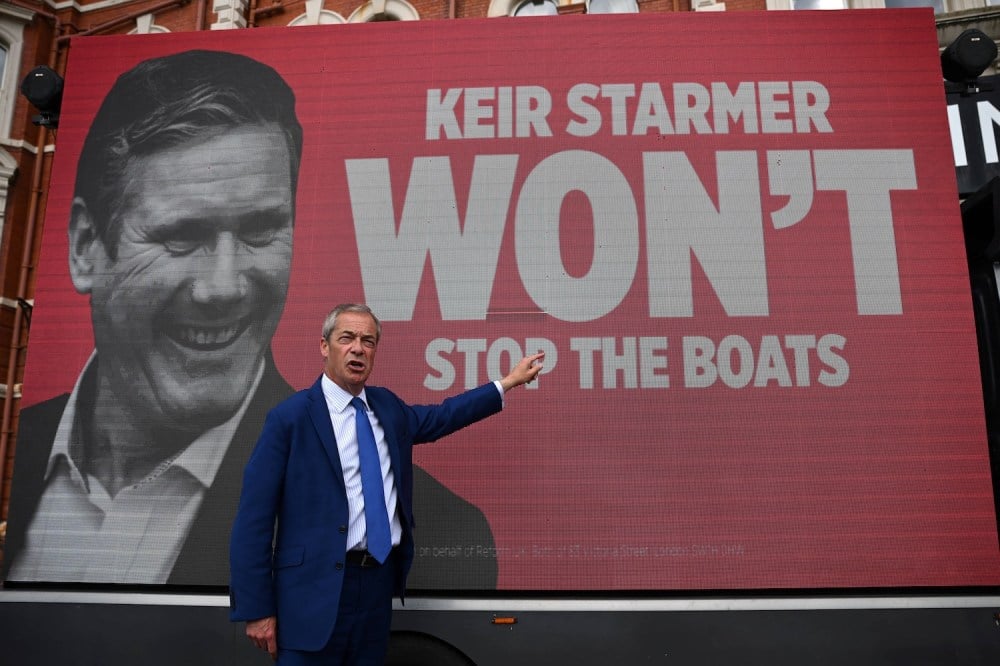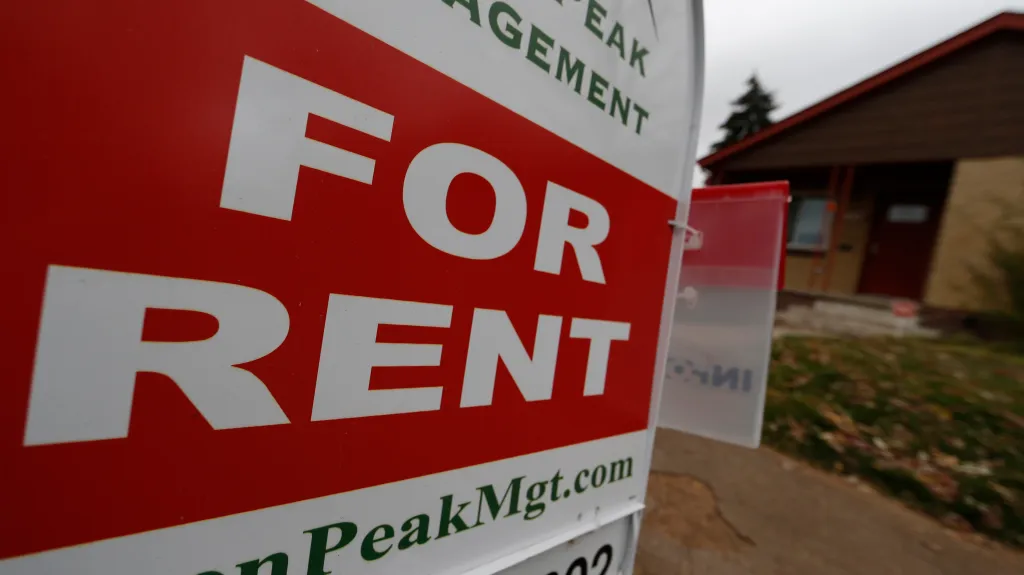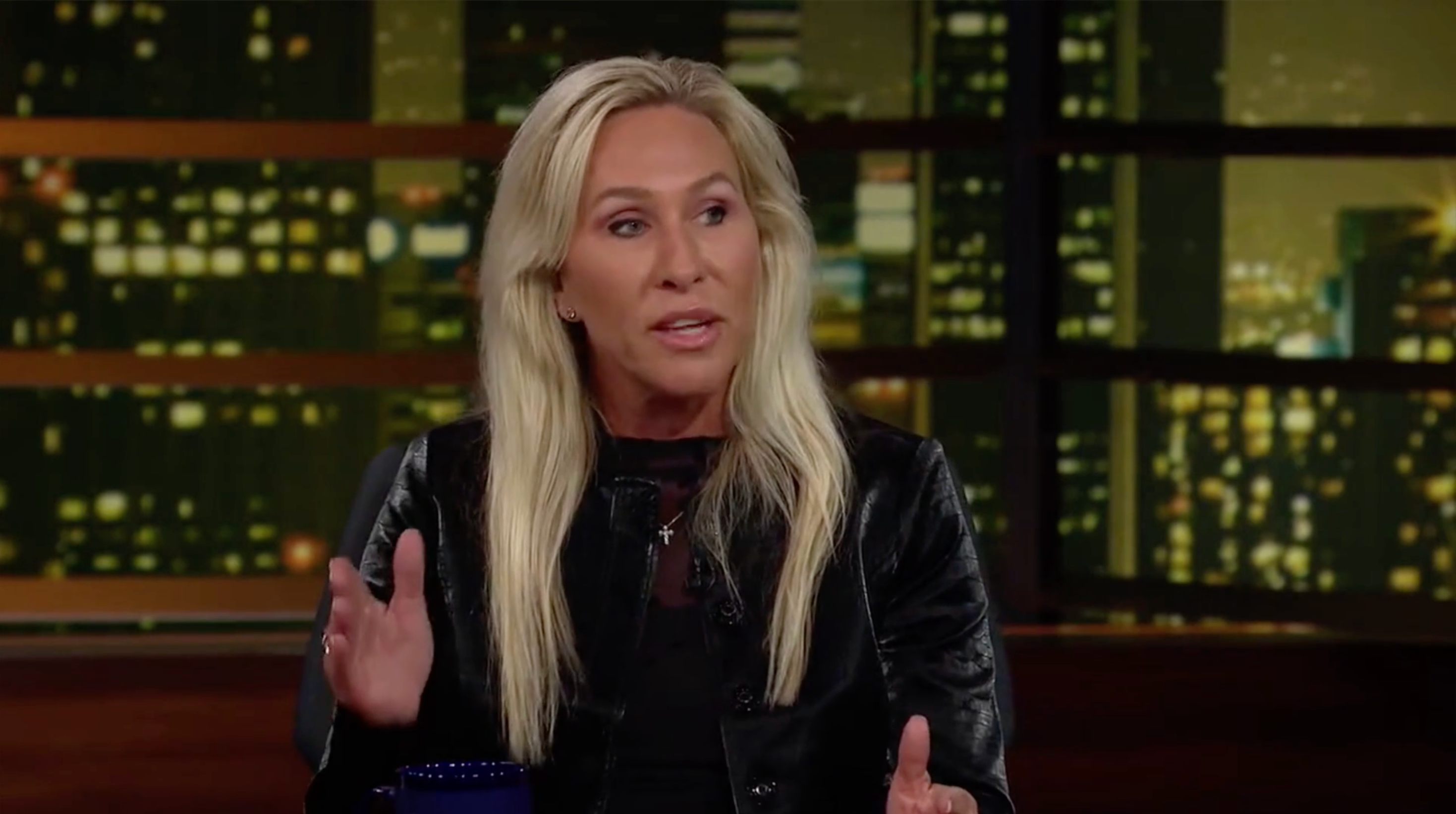Copyright Foreign Policy

Imagine a country in the not-too-distant future where hundreds of thousands of legal permanent residents find themselves stripped of their status and forced to reapply for their right to remain. Since many of them no longer meet the criteria, they are abruptly plunged into illegality and subject to deportation. While this new policy is condemned as both a humanitarian disaster and contrary to international law, it is in line with years of political discussion within the country that has led to a widely shared belief among the main political parties that it is too easy for migrants to arrive and settle. You would be justified in thinking that such a scenario belongs to a place where masked immigration enforcement agents are already combing the streets, such as Donald Trump’s America. But, in fact, this is what the party currently leading the polls is proposing in the United Kingdom, where a previously uncontroversial immigration status has become one of the hottest topics in politics. A year ago, few British people had even heard of “indefinite leave to remain,” or ILR—akin to the U.S. green card—but today, at least three of the five main U.K. political parties believe it needs to be drastically overhauled or eliminated altogether. This far exceeds anything that Trump has proposed for legal immigration—and in a country that is nominally governed not by right-wing populists but by a center-left Labour Party and an avowedly centrist prime minister, Keir Starmer. So how has British rhetoric on immigration become so radicalized? Current proposals in Britain are exceptional even in the longer-term development of repressive European migration policy. The U.K. has followed European trends that have made it harder and harder to seek asylum, secure work visas, or acquire citizenship. Especially after the 2016 Brexit referendum, foreigners in Britain have found themselves confronted with ever more stringent rules. But even amid a generalized clampdown on immigration, the principle of long-term settlement or residency has rarely been the focus of European immigration politics. Anti-immigrant rhetoric has instead targeted illegal migration or asylum-seeking. To understand what changed in Britain, we need to start with the fallout of the country’s final withdrawal from the European Union in 2020. One of the key promises made by the advocates of Brexit was that it would help reduce the number of immigrants by allowing the British government to set its own immigration policy. What happened was the exact opposite. After 2020, there was a steep rise in immigration, driven by arrivals from former colonies, especially India, amid an urgent need for health and care workers during the COVID-19 pandemic. This was compounded by a growth in international students; the arrival of Ukrainians fleeing war; the decision in 2020 to allow more Hong Kongers to move to the U.K. amid increased repression; and an increase in asylum-seekers crossing the English Channel in “small boats.” The end result was that the period from 2021 to 2023 saw some of the highest rates of immigration to the U.K. since records began. The prime minister in charge for much of this period was the Conservative politician and celebrated Brexiteer, Boris Johnson. But the irony of a Brexit-championing prime minister presiding over record levels of immigration was not lost on the far right, which began to use the term “Boriswave” to describe these new post-Brexit migrants. One might have imagined that the new Labour government, elected in a landslide in 2024, would have taken full advantage of this vulnerability in Johnson’s legacy. After all, immigration experts all agreed that the post-pandemic rise in immigration would quickly come down on its own without any government intervention—and Labour was ideally placed to take credit for this. But Labour panicked. Rattled by attacks on the persistence of small-boat crossings, Labour interpreted the rise of Nigel Farage’s far-right Reform UK party—which won 14 percent of the vote in 2024 and currently polls above 25 percent—as reflecting increased public anxiety about immigration. The party scrambled to find an angle to compete with Reform on immigration. Given the practical difficulties of reducing small-boat crossings, this meant finding categories of migrants over whom the government had control. To everyone’s surprise, this led it to focus on permanent residents. It was in this context that officials announced sweeping changes to ILR in May, which included extending the waiting period to apply for it from five years to 10 years. They also suggested that this might be applied to people already in the U.K., who had arrived on the premise of a five-year settlement route. These policy proposals were accompanied by some stunningly right-wing rhetoric. Laying out the party’s immigration plans, Starmer bemoaned that Britain had become an “island of strangers” and that the “damage” of post-Brexit immigration was “incalculable.” Critics quickly lambasted him for echoing infamously racist rhetoric from the 1960s. But Starmer made more than a rhetorical misstep; he made a strategic miscalculation. By questioning a long-held policy consensus over long-term settlement, he paved the way for opposition parties to push the issue further. At Reform’s party conference in September, Farage announced proposals to scrap ILR entirely, even for current holders, replacing it with time-limited visas for which many current ILR holders would not qualify. The Conservatives joined the bandwagon, too. They had already published a little-noticed draft bill shortly before Starmer’s “island of strangers” speech that would strip ILR from anyone whose income fell, even temporarily, below 38,700 pounds (about $48,800), a sum above the U.K. median income. They returned to the issue in October, when Conservative Member of Parliament Katie Lam argued that hundreds of thousands of recent migrants would have to leave to make Britain more “culturally coherent.” Under pressure from critics, the Conservative Party eventually announced that its ILR bill was no longer official policy. But the damage had already been done. By focusing attention on ILR, the main political parties made radical changes to the legal settlement system in the U.K. both imaginable and politically feasible. Yet the impact of these proposals would be devastating. Estimates suggest that 4.5 million U.K. residents hold ILR or the “settled status” introduced for EU nationals after Brexit. Dismantling ILR would plunge hundreds of thousands of people into legal limbo, from National Health Service workers to parents of British children. Leaving aside the human cost, the sudden radicalization of rhetoric around ILR also serves as a reminder of how fast expectations can shift in the world of immigration policy. Indeed, the recent turn owes more to the decisions of political leaders than any durable public backlash. It also highlights the risks for center-left parties: Despite its hard line on ILR, Labour’s poll numbers are in freefall, partly as a consequence of having ceded ground in the immigration debate to the right and far right. Still, with little sign of rhetorical de-escalation, perhaps the time will soon come when the Trump administration looks to Britain for inspiration on immigration policy and not the other way around.



